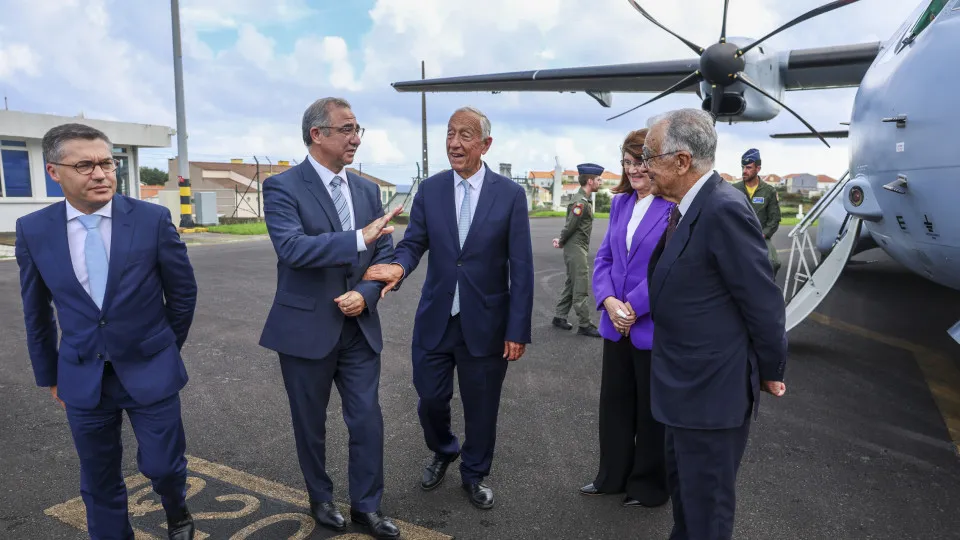
These positions were defended by the vice-president of the Social-Democratic bench, António Rodrigues, and the former leader of the Liberal Initiative, Rui Rocha, after changes to the current law were approved in particular, but in many cases only with a simple majority, that is, with abstention from Chega.
Faced with the opposition already assumed by PS, Livre, BE, and PCP, on Tuesday, in a final overall vote, Chega will need to vote in favor alongside PSD, CDS, and IL. Only in this way will the qualified majority of 116 votes in favor among the 230 deputies in office be achieved.
Speaking to journalists, the vice-president of the PSD bench specifically referred to this threshold regarding the requirement of a “qualified majority.”
“We know well that a qualified majority of 116 deputies is necessary. Therefore, it is necessary that each one is aware of what they will do at the time of voting, deciding between not having a legislative device – especially those who place such specific emphasis on the issue of nationality loss – or having a regulation effective according to what we have established,” warned António Rodrigues.
He then appealed to the “responsibility of all those who will be involved” in Tuesday’s vote, in a message directed at Chega.
“We understand that it is preferable to have a provision, even if you do not fully agree with it, than to have no provision at all,” emphasized the vice-president of the PSD bench.
The former leader of the Liberal Initiative went further and referred directly to the position to be adopted by Chega, questioning the deputies of this party whether they “want to keep the law in force or not.”
“The challenge is posed to Chega. It depends on their position whether there is a ten-year period of legal residency in national territory for obtaining nationality,” he said.
This is a point where he also noted that PS, a party that will vote against in the final overall vote on Tuesday, in its last proposal, admitted a nine-year period.
“We are facing relatively small differences. Among the four largest Portuguese parties, there seems to be a consensus on this point which is essential,” he said, after the vice of the Social-Democratic bench had advocated that PSD and CDS approved some proposals from the socialists in particular setting.
“By all means, as has been our purpose from the beginning, PSD sought a consensus among the parties. It was clear this morning that whether with PS or with other parties, we have been discussing issues that did not have clear regulation. The goal is to respond to the social situation that is being experienced in Portugal, aggravated in recent years by a huge influx of immigrants,” he stated.
Contrary to the PSD’s thesis, Livre deputy Paulo Muacho considered that the introduced changes are in some cases marked by “arbitrariness” and raised constitutional doubts regarding the loss of nationality acquired through committed crimes.
“This process started badly. PSD said they spoke with the parties, but with Livre there was no dialogue. There was only with PS and Chega,” he emphasized, before reinforcing his position that the changes now approved in particular will introduce ambiguity in the new legislation.
Meanwhile, the parliamentary leader of PCP, Paula Santos, declared that the country is facing proposals that constitute “a change for the worse, which means a setback,” creating the figure of “first and second-class citizens.”
“It became evident an understanding between PSD, Chega, CDS, and IL” which came to “worsen the nationality law,” with demands that “severely complicate the granting” of Portuguese citizenship to immigrants, while “golden visas continue to have ease,” she criticized.
A similar position on the difference in treatment for those who acquire “golden visas” and immigrants who work in Portugal was expressed at the beginning of the meeting by the coordinator of the Left Bloc, Mariana Mortágua.




